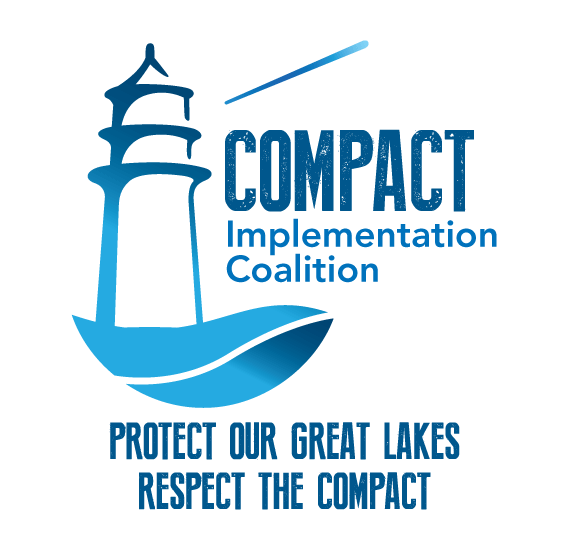Rep. Cory Mason: More than 70 Great Lakes State Legislators Raise Concerns Over Proposed Waukesha Diversion
For Immediate Release
September 2, 2015
Contact: Cory Mason, 608-266-0634
More than 70 Great Lakes State Legislators Raise Concerns Over Proposed Waukesha Diversion
Bipartisan group of signatories come from all eight Great Lakes States
Madison, WI—Last Friday, a broad, bipartisan group of state Legislators from all eight Great Lake States sent a letter to Wisconsin DNR Secretary Cathy Stepp to express concerns about the proposed Waukesha diversion of Great Lakes Water. The city of Waukesha is applying for an exemption from the ban on diversions of Great Lakes water outside the Great Lakes Basin. Under the Great Lakes Compact, all eight of the Great Lakes States must unanimously agree to the proposed diversion.
The Great Lakes Compact became state and federal law on December 8, 2008 after final approval from the U.S. Congress. Waukesha’s proposal stands to compromise the strong ban on diversions of water out of the Great Lakes Basin and will set a precedent to further erode the necessary environmental protections and water management standards required by the compact.
“Since the Compact was signed into law, this is the first time a community has asked for a diversion,” said Rep Mason. “I think the reason so many Legislators are concerned is because of a shared sense of needing to get this right. All eight Great Lakes States and the federal government established high standards in the Compact. To ignore or diminish those standards in the first application would be a terrible precedent that could threaten the strength of the Compact and the law’s ability to protect the Great Lakes in the future,” he concluded.
Although none of the proposed users of the Waukesha diversion are in the Great Lakes Basin, Waukesha is eligible to apply for an exemption from the ban because it is a community within a county that straddles the Great Lakes Basin. Under the terms of the Compact, the proposed Waukesha diversion must meet high standards, before basin wide review and consideration by the other states. The letter Legislators sent to Secretary Stepp raised doubts about those standards being met. The letter was submitted as the Department takes public comments as part of its Environmental Impact Statement and Technical Review.
“A bipartisan group of more than 70 Legislators from Wisconsin, Minnesota, Illinois, Indiana, Michigan, Ohio, Pennsylvania, and New York signed on to this letter,” said Representative Cory Mason (D—Racine, WI). “It is my hope that the DNR responds to the concerns raised here and not send such a controversial proposal out for review.”
The letter (attached) raises four areas of concern that may fall short of the high standards set forth in the Great Lakes Compact. They are:
· Expanded service area: The Waukesha proposal seeks to serve not only its current customer base, but of its surrounding communities as well, asking to increase its daily use of water currently at 6 million gallons a day to 10-16 million gallons a day.
· No reasonable alternative: The Compact requires that the diversion be granted only if there are no other reasonable alternatives for water. Waukesha has other water treatment alternatives besides the diversion to meet its current water needs.
· Conservation Standards not followed: Waukesha has no conservation plan in its application for the expanded areas of service as required by the compact.
· Degradation of an impaired river: The Waukesha diversion proposes to return its treated sewage or “return flow” through an impaired river through on of the Great Lakes tributaries, the Root River. The Waukesha proposal does not adequately address potential damage or degradation that could occur as required by the Compact.
73 legislators signed on to the letter submitted to the DNR by Rep. Cory Mason. Additionally, 19 Minnesota legislators also submitted a letter (attached) to the DNR, representing 89 legislators (duplicate signatures notwithstanding) from Great Lakes states with serious concerns about the diversion proposal.
###
